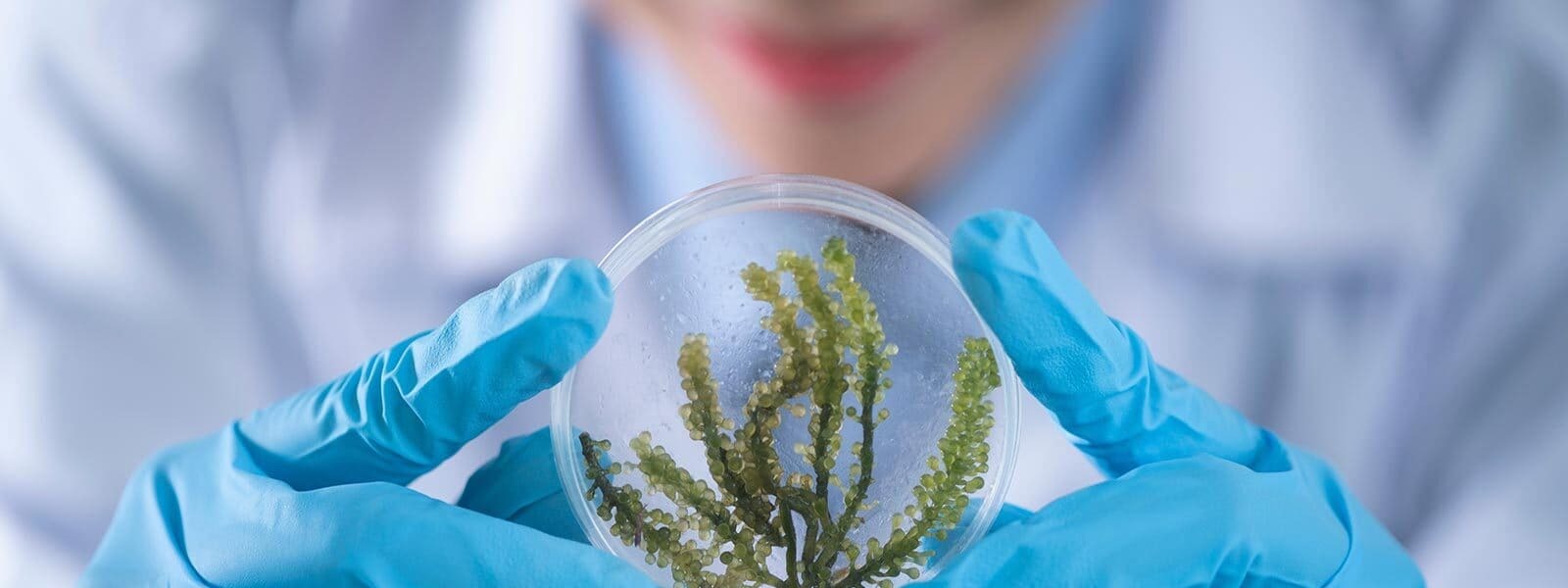
Guy Nohra, Alta Life Sciences: “Barcelona has world-class science that needs to be invested in”
09 Jun 2019
Catalan Economy
Investor Guy Nohra has been in the life sciences sector his whole life. He co-founded Alta Partners in the United States, one of the world's most successful venture capital funds.
After raising 9 venture funds with Alta Partners, managing 2 billion dollars, and investing in 200 companies – of which 110 went public, and 40 were acquired – Nohra moved to Barcelona with one goal in mind: turning the city into a worldwide leading hub for life sciences.
Nohra invests in Catalan startups through his new venture capital firm Alta Life Sciences, a bridge fund that aims to connect the local life sciences ecosystem with Silicon Valley’s venture capital expertise.
When did you decide to set up your business in Catalonia, and why?
Back at Alta Partners, one of the companies was selling an obesity product in Spain. So, I used to come to Barcelona for board meetings once a quarter. And it struck me that there was something very interesting happening: there was a small market in biotech that reminded me of San Diego in the ‘90s.
This felt the same way: due to the medical institutions, medical schools, hospitals, small businesses that existed already, the small biotech companies, and of course, the pharma companies here, such as Almirall, Ferrer, and Grífols. And I thought I wonder if there is an opportunity.
What was the next step?
Then I did real homework: I checked on how much money was spent on science, what Biocat was, etc. And I saw there actually was a very, very strong cluster and a very young ecosystem in life sciences that was being copied by other regions within Spain like the Basque Country, Andalusia, and Galicia.
Even though there was a young venture capital ecosystem to invest in life sciences companies, it needed a lot more money and a lot more expertise, which of course, I had from my previous work in a major market.
So, when I discovered these things, I had a feeling that this could be challenging and intellectual enough. And that's when I decided that I wanted to start a fund in Spain investing here.
Does the funding at Alta Partners come mainly from international investors?
The idea is to syndicate, if possible, with US venture firms. We call it a bridge fund. That's why I spend 6 weeks in Silicon Valley and 6 weeks here. Eventually, we want to take companies public in the US and sell the companies to US acquirers. You have to be in both markets, so we can bring the knowledge over here and these companies over there.
Why do you think connecting the Catalan ecosystem with Silicon Valley is important?
For expertise, knowledge, and money. Biotech companies need a lot of money and access to capital.
Why do you think US investors should look at Catalan life sciences companies? What feedback are you getting from them?
Because the science is so good here! It's world-class science that needs to be invested in. And there are no specific subsectors: they are all good. But the feedback is incredulous. They don't believe it. No one thinks about Spain as a life sciences hub.
When they think about Barcelona, they think about Messi, Gaudí, olive oil, etc. In the US, there is a bias. It's a surprise. My job is about convincing and showing. When we have successful companies, people will start believing: that's the most important thing.
What are the key elements that you consider when investing in a startup?
World-class science and quality of the entrepreneur. If you have a world-class scientist who is also intelligent and has good judgment, then you have a combination for success.
In what companies have you invested in Catalonia so far?
We’ve made three investments so far. We’ve invested in Peptomyc – they have a very noble approach to cancer; Bionure – working in the central nervous system; and Mediktor – a digital health company for symptom checking.
What is your role as an investor in these companies?
We lead the investment. We take board seats, and we are very active in helping the manager in the company with recruitment and fund advice.
The life sciences sector and the ICT sector are increasingly converging. How do you think this will evolve?
You need to be very aware of it and understand how it is going to converge. And then you need to make investments in that convergence. The first stage where this is happening is digital health. There are still no defined business models of what that convergence looks like for success, so you need to keep an eye on it.
And this is where Barcelona is very important because Barcelona – with its mobile and digital technology side – could be a leader when that converges with the healthcare sciences. Barcelona has an opportunity to be one of the leaders in the world.
What can we do to make it happen?
Sometimes the best you can do is nothing: just let it happen and don't interfere. Let it happen organically because it is here already. Keep the great IT and mobile work going and watch what is happening on the life sciences side: big data, artificial intelligence, and so on.
Let the people come here to Pier 01 and give them money. The best thing to do is to promote it. It is the first time this has happened: Barcelona is the largest place where a lot of digital health converges with IT.
And I think a lot of European funds are paying attention. And many local funds are getting bigger and stronger because the ecosystem is developing, getting more professionalized and sophisticated.
Is Catalonia attractive enough for talent from abroad?
Just like San Diego used to be, Barcelona has great weather, it's a great place, and it attracts talent for that reason. But it depends on the kind of talent. As far as good scientists and workers in the biotech field, I think it is pretty well equipped now.
Infrastructures are important too, and there is a good level of science parks, hospitals, universities, and medical schools. But for higher-level medical tech or CEOs, profits and capital gains should be treated better. The US is friendlier than here.
You have had a very successful career as an investor. What are your goals for the future? What would you like to accomplish next?
I want to impact. I've done enough in my career, so what I do next, I want it to be impactful. And impact means having an ecosystem developed, helping people get new jobs in science, and making Catalonia one of the top life sciences hubs in the world to be well-known and appreciated. This is serious; it is not a hobby. It is a real job for 3 to 5 years. And after that, I'll see what comes next.
I've always been interested in owning football clubs and looked at a couple of teams. I can't do FC Barcelona, but I can do others. I played when I was young, but never seriously. I was an athlete in high school and college. I am also looking at teams in France, mostly small, second division. It’s a completely different area, and it would be fun at some point.
Discover our services.
-

Access to talent
See moreAccess to all sources of available talent for international companies in Barcelona-Catalonia.
-

Financing & Incentives
See moreAs a Catalan government agency, we provide expert support and financial aid for your business in Barcelona-Catalonia, assisting you throughout the process.
-

Business Location Service
See moreGet all the information about Barcelona-Catalonia industrial buildings, land, business centers, or office spaces.
More news and success stories
in Barcelona (Catalonia).
-
29 May 2025
See more University of Barcelona Science Park consolidates growth with €124 million in investment in 2024University of Barcelona Science Park consolidates growth with €124 million in investment in 2024
-
29 May 2025
See more Catalonia strengthens economic ties with JapanCatalonia strengthens economic ties with Japan
-
28 May 2025
See more Catalonia solidifies its position as Spain's leading technology hubCatalonia solidifies its position as Spain's leading technology hub
-
26 May 2025
See more Catalonia promotes itself as a business investment hub during Catalan Week in OsakaCatalonia promotes itself as a business investment hub during Catalan Week in Osaka

